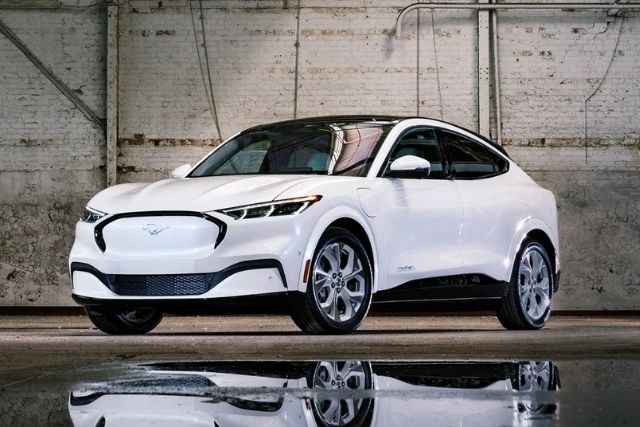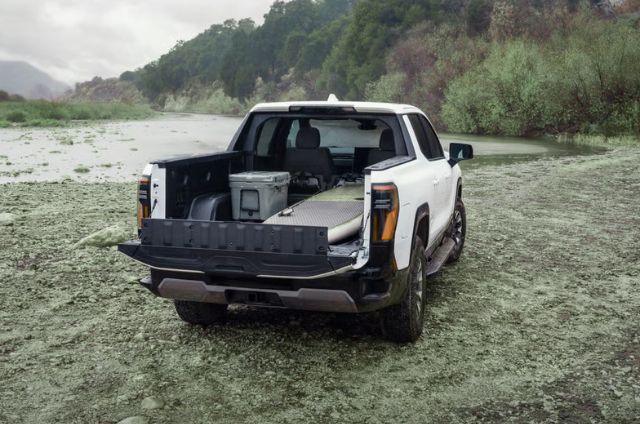Ford has announced a major shift for its Mustang Mach-E, with plans to manufacture its batteries domestically in Michigan. The project is in partnership with LG Energy Solution (LGES). This decision marks a strategic move to qualify the electric vehicle (EV) for federal tax credits. The company highlights a growing trend to localize battery production in the U.S. as companies look to align with new EV tax credit requirements.
Why Ford’s Moving Mach-E?
The Mustang Mach-E has been a popular EV option, but due to recent federal regulations on battery sourcing, it lost eligibility for federal tax credits. Currently manufactured in Mexico with batteries sourced from Poland, the Mach-E no longer meets the U.S. Treasury’s new criteria for federal tax incentives, which prioritize North American-sourced battery materials. Moving battery production to Michigan should allow the Mach-E to regain these critical credits, which could save buyers up to $7,500.
The Inflation Reduction Act (IRA) has incentivized EV makers like Ford to localize their supply chains. Under the IRA, battery cells and modules produced in the U.S. can qualify for production credits of up to $45 per kilowatt-hour. This means not only will Ford potentially pass on savings to consumers, but both Ford and LGES also stand to benefit from substantial financial incentives that further reduce production costs.
Ford and LGES
The partnership between Ford and LGES highlights the strategic alliances forming to expand domestic battery production. Ford’s decision to source Mach-E batteries from Michigan follows LGES’s plan to shift its Poland facility’s focus. It aims to produce batteries for Ford’s commercial EVs in the U.K. and Europe. By moving Mach-E battery production to Michigan, Ford positions itself to better serve the U.S. market. The company wants to take advantage of incentives that reduce manufacturing costs.
While Ford has already lowered the 2025 Mustang Mach-E’s price by $3,500. So, domestic battery production could make the model even more affordable by restoring its federal tax credit eligibility. To qualify for the full $7,500 credit, an EV must meet stringent sourcing standards for both battery minerals and components. Ford’s pivot to Michigan-produced batteries aligns with this, potentially making the Mustang Mach-E even more competitive in the EV market.
North America’s Growing Battery Production Hub
Ford’s move is part of a broader industry trend accelerated by the IRA. With battery production now booming across North America, the U.S. has become the world’s fastest-growing battery manufacturing region. LGES is also partnering with Honda to build a battery plant in Ohio and collaborating on another plant in Georgia that will supply Hyundai’s EVs.
Ford and LGES are on track to meet an unprecedented demand for batteries as EV popularity surges across the U.S. The Mustang Mach-E, one of the most popular non-Tesla EVs on the market, could see a resurgence in demand as tax credits become accessible again. By 2026, LGES’s Michigan facility will be operating at full capacity, producing approximately 109 gigawatt-hours of batteries, ensuring that Ford’s EV lineup remains a central part of the brand’s American manufacturing story.



